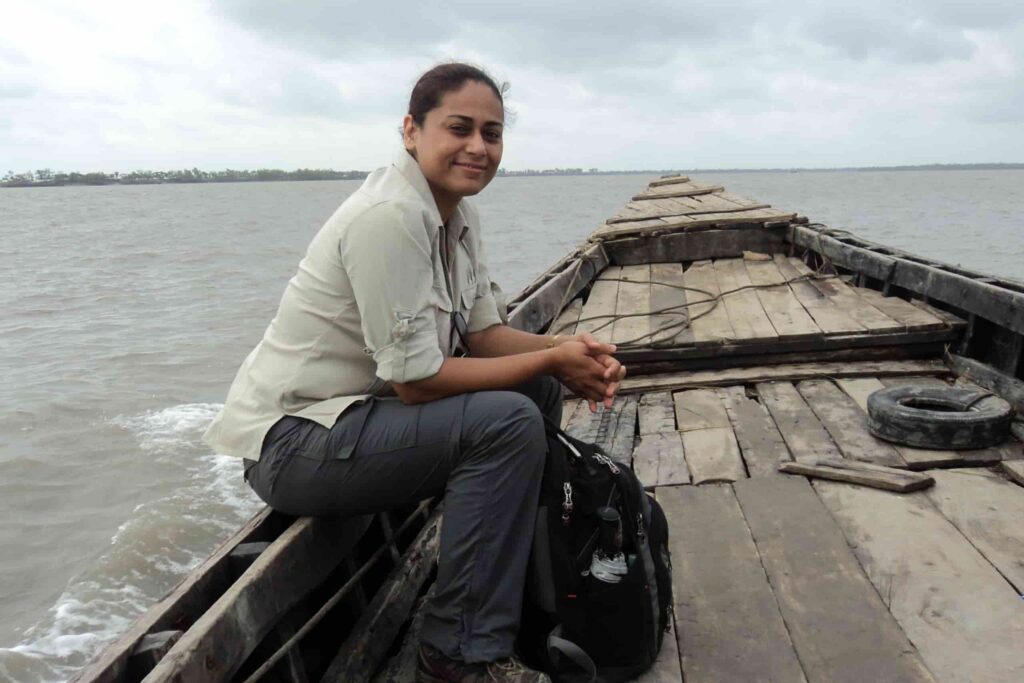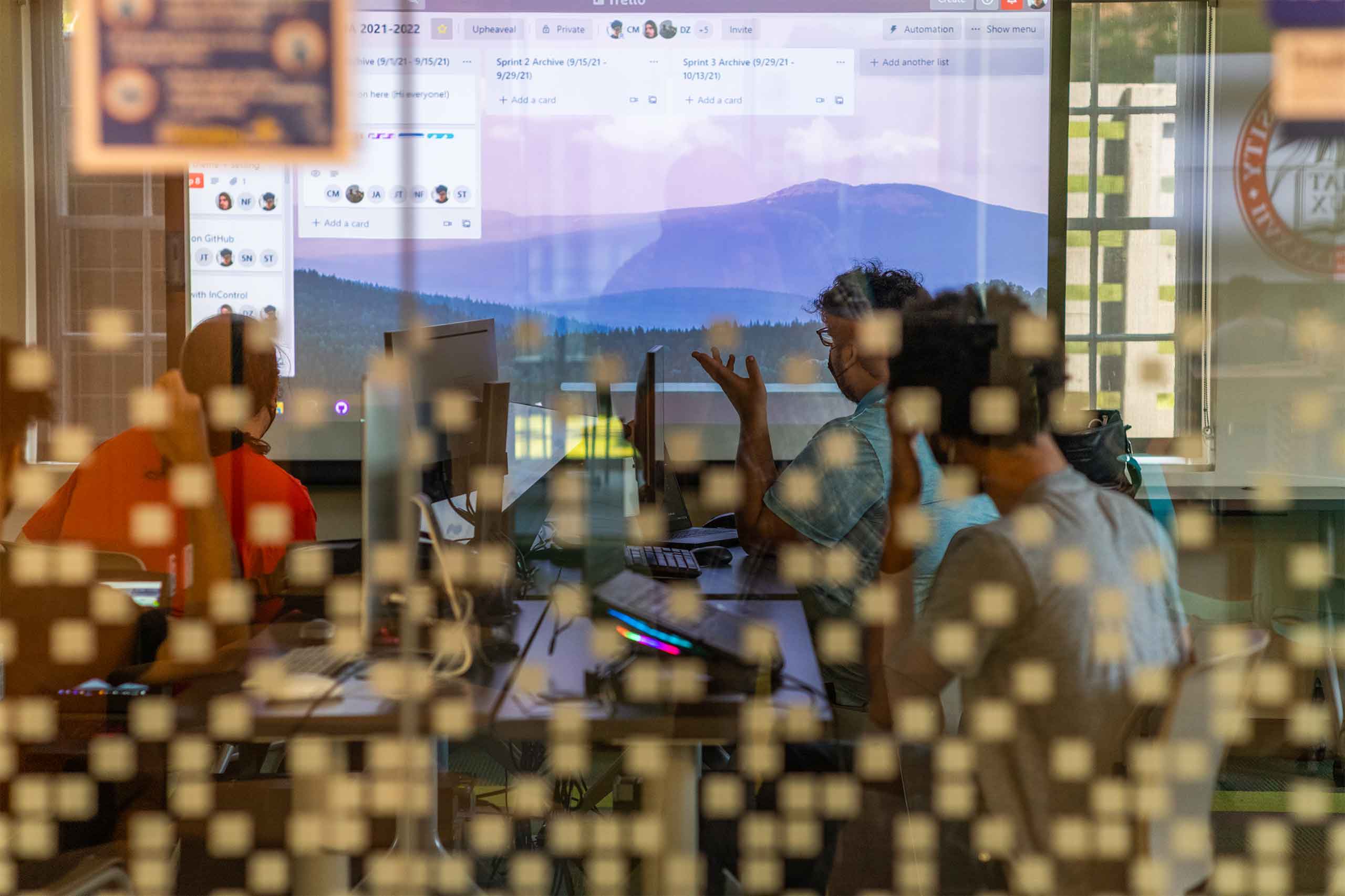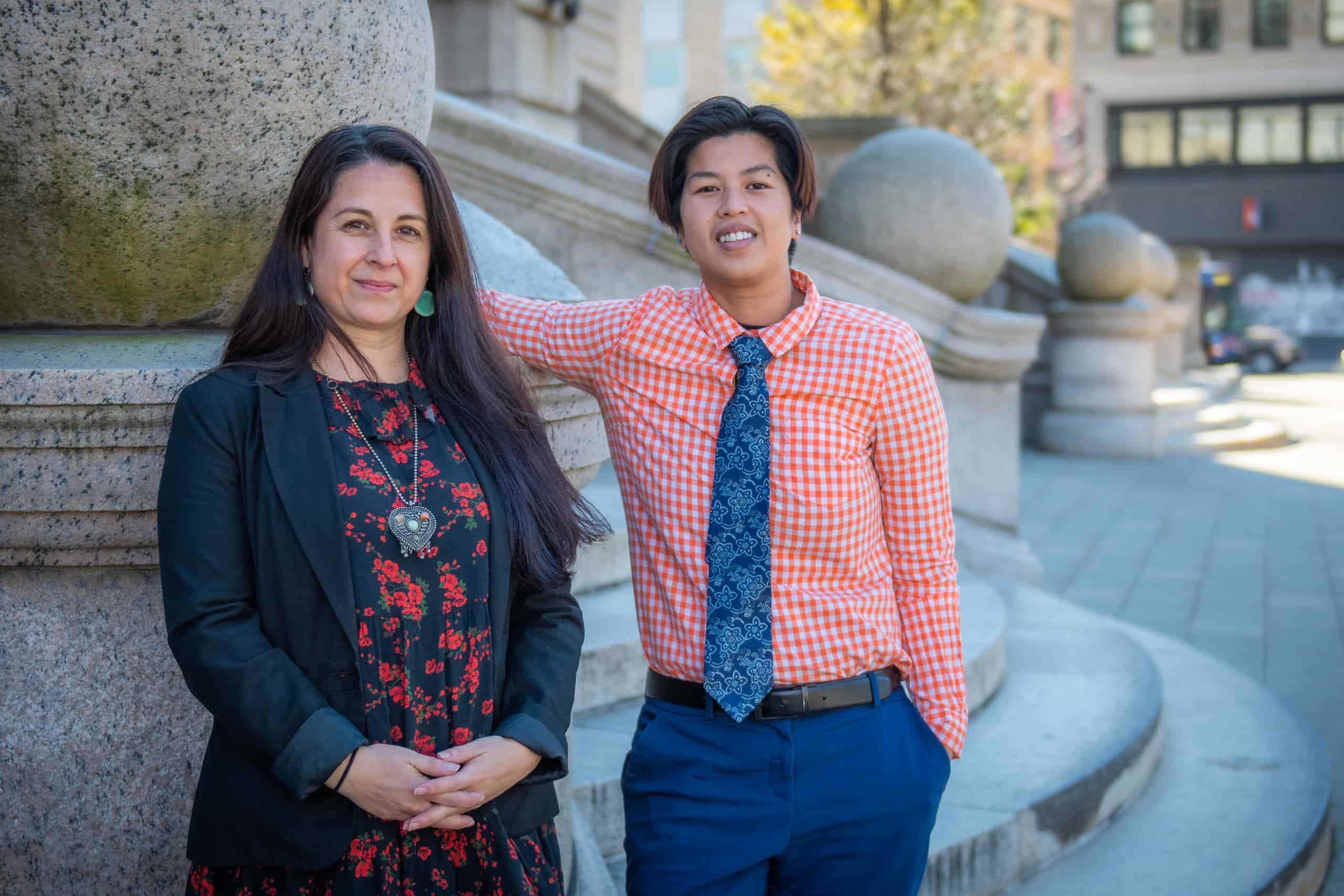Academic Area of Focus:
Climate and Global Change

We will amplify research and develop expertise in climate and global change, arguably the most significant issue facing our world today.
Climate and global change will be the most critical challenge facing world leaders, scientists, policy makers and citizens in the next century. As a liberal arts-based research university, Clark is uniquely positioned to promote ecological literacy and address both the scientific and human challenges at the root of the climate crisis, and to ensure the transversal movement across disciplines that is required in any investigation of questions pertaining to the crisis.
“Right now, we have a decent number of options regarding climate change. But ultimately, the two options will be to transform, or be transformed.”
Ed Carr
Professor and Director of International Development, Community, and Environment
Clark unquestionably has traditional and current strengths in the George Perkins Marsh Institute; the Graduate School of Geography; International Development, Community, and the Environment (IDCE); Clark Labs; the Department of Economics; and within various science departments and other programs like the New Earth Conversation.
To promote and advance our global leadership in climate and global change, we will need a new organizational structure that leverages and brings coherence to these efforts.



